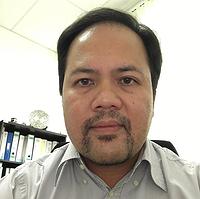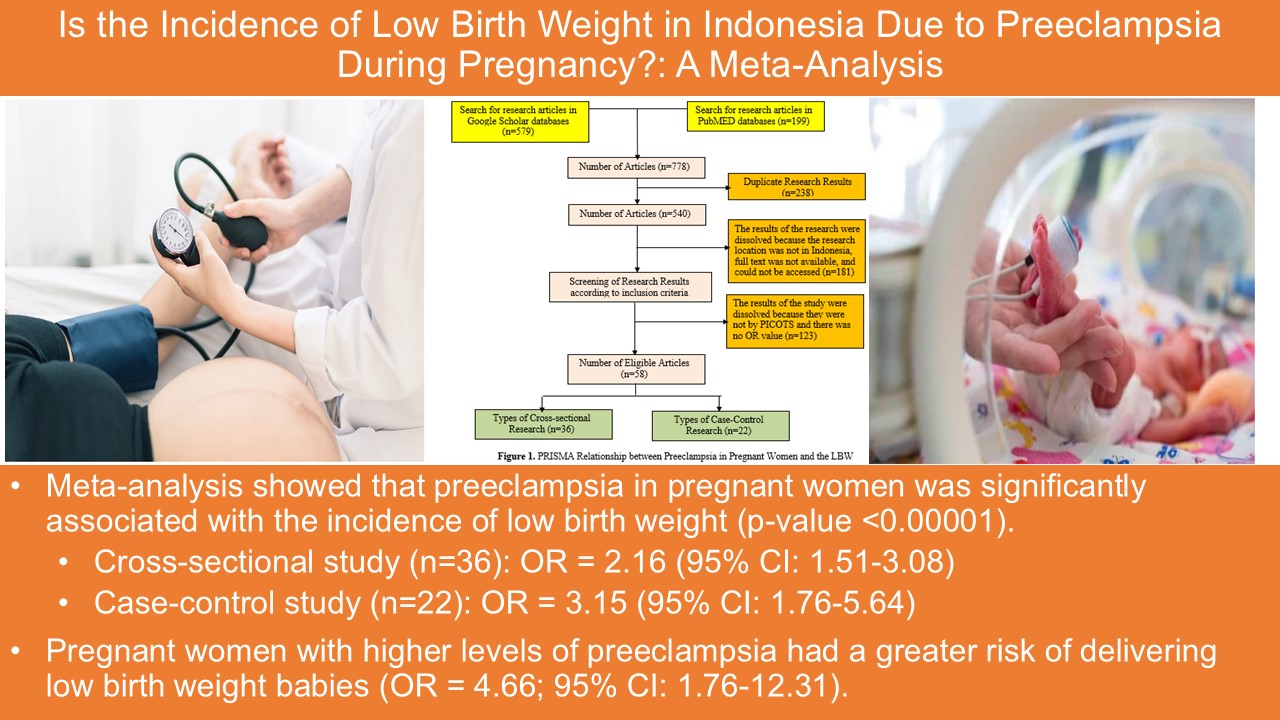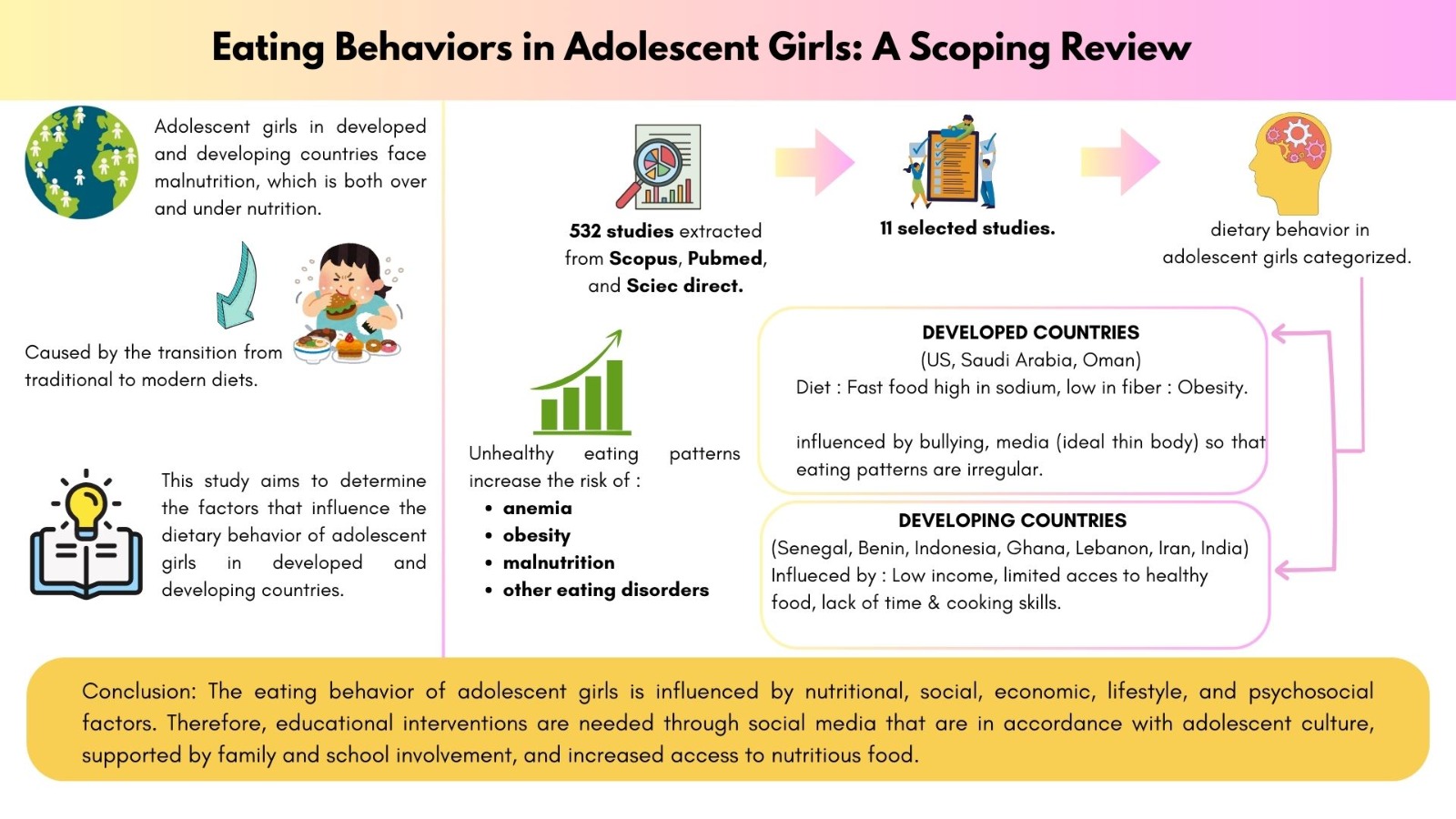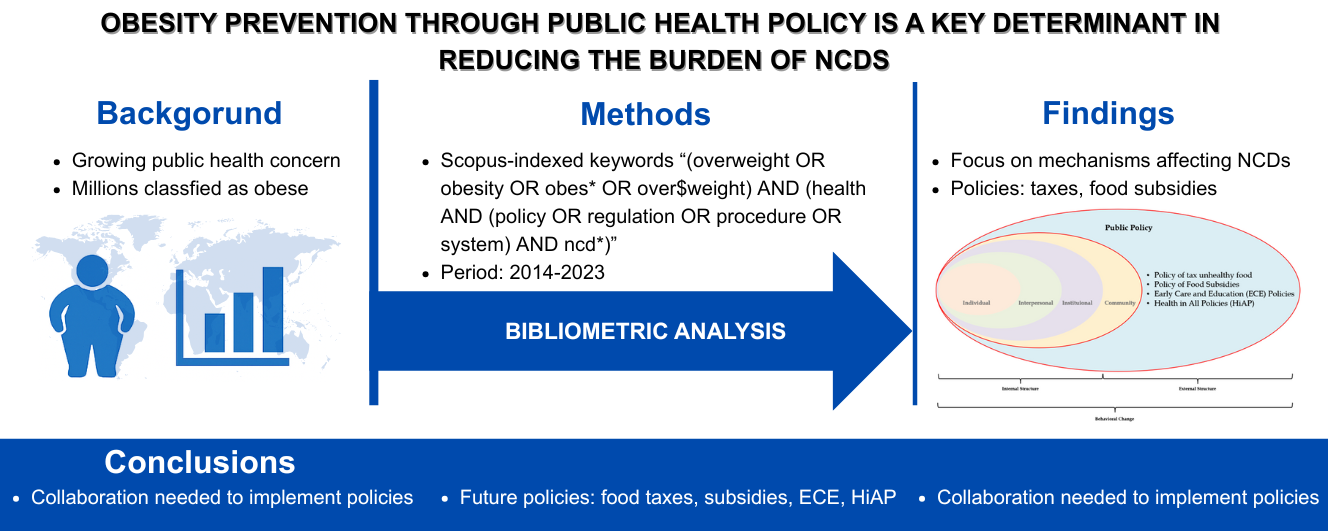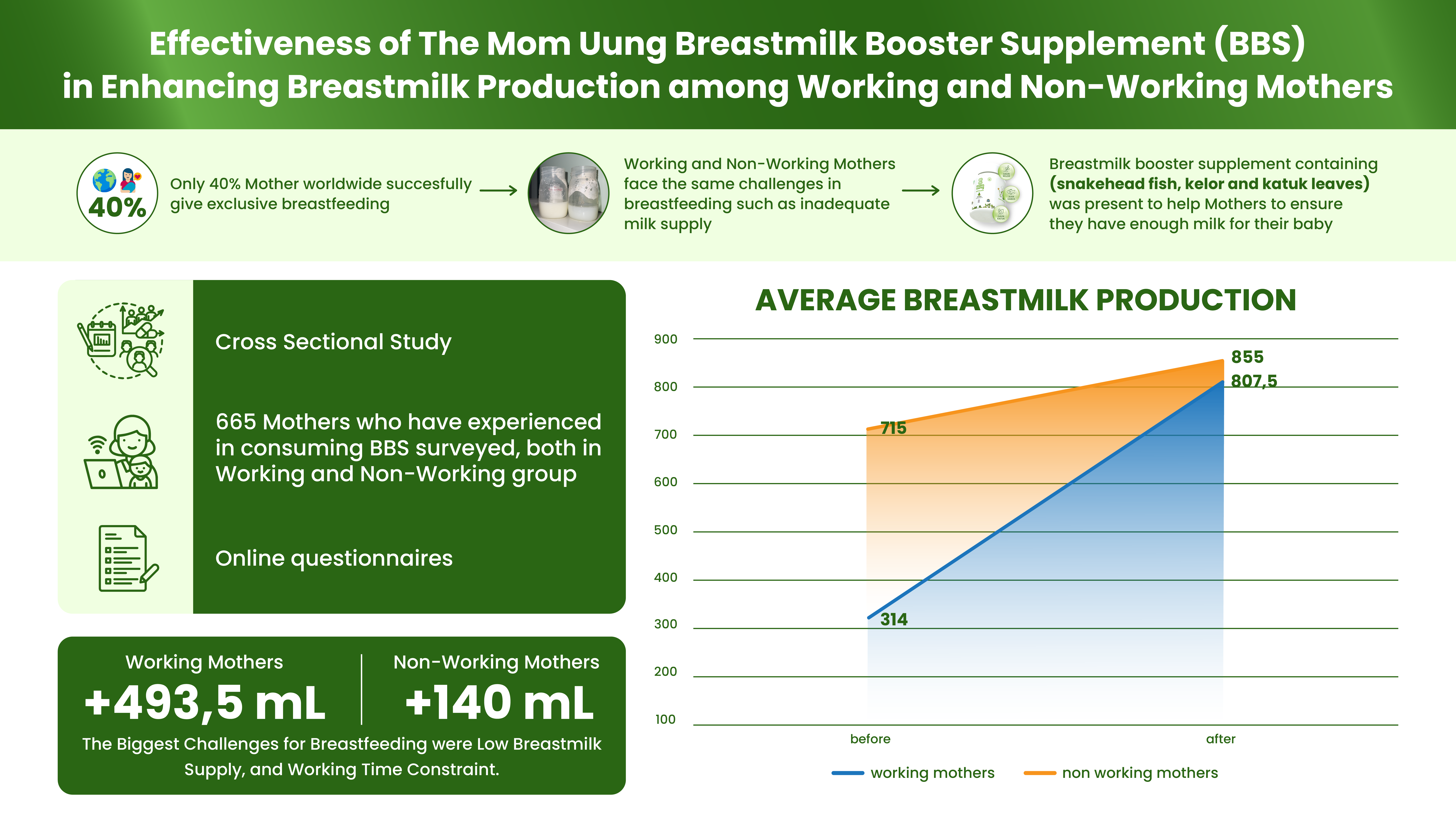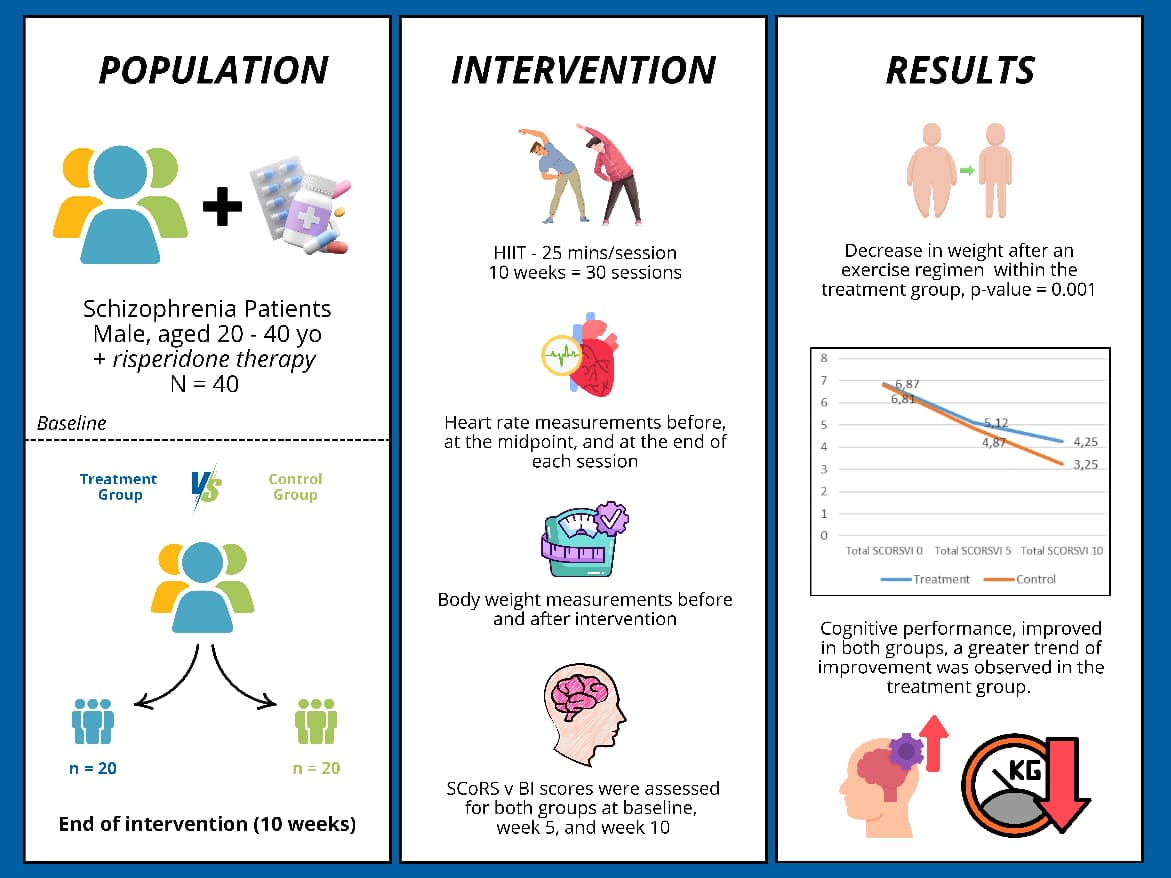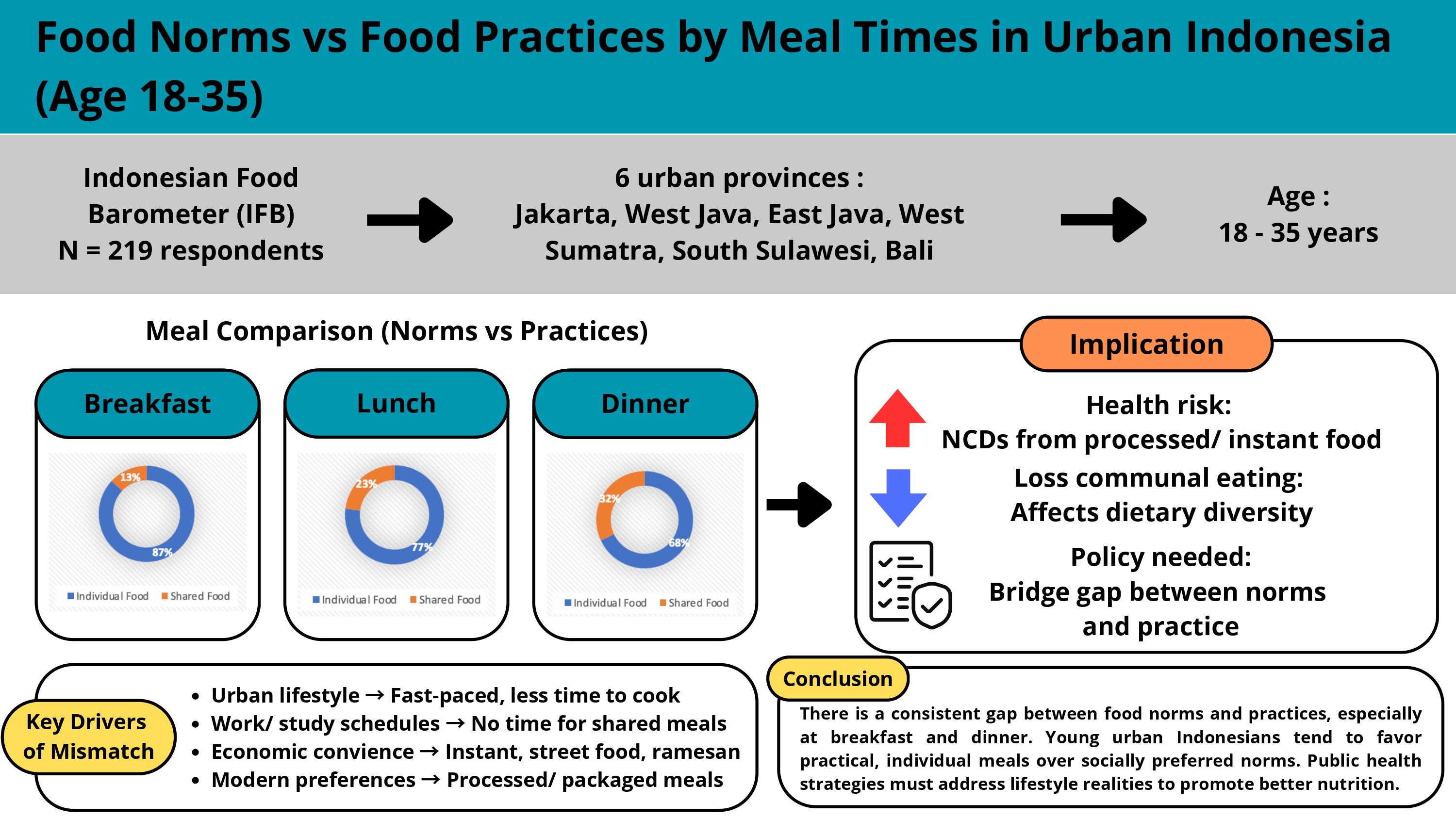PENINGKATAN PENGETAHUAN IBU BALITA MELALUI PENGENALAN PROGRAM KADARZI DI KELURAHAN WONOKUSUMO SURABAYA<br><i>[Increasing Mother Knowledge Through KADARZI Program in Wonokusumo Surabaya]</i>
Downloads
The implementation of the KADARZI program has not been maximized due to the many families who do not know and do not understand the existence of the program. One area with low knowledge about the KADARZI program is the Wonokusumo Surabaya district. The purpose of this study was to analyze the improvement of mother knowledge after given an intervention in the Wonokusumo Sub-district of Surabaya and to identify factors that causing nutrition problems of children under fi ve (predisposing, reinforcing and enabling). This was a pre-experimental study with one group pretest-posttest design. The study was conducted in RW 02 Wonokusumo Village, January-February 2017. Data collection was carried out quantitative and qualitatively. A total of 38 mothers had children under fi ve and present at the posyandu in RW 2 were sampled in this study. Mother knowledge before and after the intervention were collected qualitatively. Paired sample t-test was used to analyze the differences. The qualitative data were collected through observation and in-depth interview to the head of RW 1 person and cadre (8 people). Interventions of health education using leafl et, video and simulation of making modisco (as one way to create and process nutritious local food). Intervention was conducted one time during the Posyandu. Activities were held once with 4 hours duration. The results showed that the knowledge score was increased from 47.9 to 82.6 there was a signifi cant increase in knowledge between before and after the intervention (p=0.043). The causes of nutritional problems in children under fi ve were 3 factors: predisposing, reinforcing, enabling. Health education interventions can improve maternal knowledge about the nutritional fulfi llment of children under five and the KADARZI program
Arbella, V.M. (2013). Hubungan pengetahuan dan sikap ibu tentang keluarga sadar gizi dengan perilaku sadar gizi keluarga balita di Desa Karangsono Kecamatan Kwadungan Kabupaten Ngawi tahun 2013. Jurnal Kebidanan 2(5), 47–56.
BPS. (2017). Data sosial Surabaya. https://surabayakota.bps.go.id/.
Depkes. (2007). Pedoman strategi keluarga sadar gizi (KADARZI). Departemen Kesehatan Direktorat Jenderal Bina Kesehatan Masyarakat Direktorat Bina Gizi Masyarakat.
Depkes. (2007). Pedoman pendampingan keluarga menuju KADARZI. Departemen Kesehatan Direktorat Jendral Bina Kesehatan Masyarakat Direktorat Bina Gizi Masyarakat.
Departemen Kesehatan RI. (2009). Buku paket pelatihan kader kesehatan dan tokoh masyarakat dalam pengembangan desa siaga. Jakarta: Pusat Promosi Kesehatan, Departemen Kesehatan RI.
Gabriel, A. (2008). Perilaku keluarga sadar gizi (KADARZI) serta hidup bersih dan sehat ibu kaitannya dengan status gizi dan kesehatan balita di Desa Cikarawang Bogor. (Skripsi yang tidak dipublikasikan) Institut Pertanian Bogor, Bogor.
Hariyadi, D., & Ekayati, I. (2011). Analisis pengaruh perilaku keluarga sadar gizi terhadap stunting di Propinsi Kalimantan Barat. Jurnal Teknologi dan Kejuruan, 34(1), 71–80.
Jayani, I. (2015). Hubungan kesadaran gizi keluarga dengan status gizi pada balita di Desa Sidoarjo Kecamatan Jambon Kabupaten Ponorogo. Jurnal Care 3(3), 45–54. Keputusan Menteri Kesehatan RI. Nomor 747/MENKES/SK/VI/2007.
Mardawati. (2008). Upaya perbaikan gizi balita melalui gerakan keluarga sadar gizi (KADARZI) di RW 01 Kelurahan Gurun Laweh Kecamatan Nanggalo Padang. Warta Pengabdian Andalas 14(21), 196–201.
Notoatmodjo, S. (2010). Ilmu perilaku kesehatan. Jakarta: Rineka Cipta.
Notoadmodjo, S. (2005). Teori dan aplikasi promosi kesehatan. Jakarta: Rineka Cipta.
Notoatmodjo, S. (2010). Metodologi penelitian kesehatan. Jakarta: Rineka Cipta.
Octaviani, I., & Margawati, A. (2012). Hubungan pengetahuan dan perilaku ibu buruh pabrik tentang KADARZI (keluarga sadar gizi) dengan status gizi anak balita (studi di Kelurahan Pagersari, Ungaran). Journal of Nutrition College. 1(1), 46–54.
Peraturan BPS No 37 Tahun 2010 tentang Klasifi kasi perkotaan dan pedesaan.
PERMENKES tahun 2014 No 23 tentang Upaya perbaikan gizi.
Sediaoetama. (2006). Ilmu gizi. Jakarta: Dian Rakyat.
Septian, D. (2013). Pengetahuan dan sikap keluarga dengan perilaku keluarga sadar gizi (KADARZI). Jurnal Keperawatan. 9(1), 49–56.
Setiyaningsih, D. (2007). Hubungan antara pengetahuan dan sikap ibu tentang keluarga mandiri sadar gizi (KADARZI) dengan status KADARZI pada keluarga anak usia 5–59 bulan di puskesmas moyudan kabupaten sleman. (skripsi yang tidak dipublikasikan) Universitas Gajah Mada, Yogyakarta.
Suhardjo. (2003). Berbagai cara pendidikan gizi. PT Bumi Aksara, Jakarta.
Syafl y, H. (2011). Hubungan Perilaku Keluarga Sadar Gizi (Kadarzi) Dengan Status Gizi Balita Di Kota Jambi. (skripsi yang tidak dipublikasikan) Institut Pertanian Bogor, Bogor.
Ulya, Z., & Ridwan, I. (2011). Hubungan pengetahuan dan sikap ibu dengan perilaku keluarga sadar gizi (KADARZI) di Kelurahan Gunung Sari Bandar Lampung tahun 2011. Jurnal Kesehatan "Metro Sai Wawai” 4(1), 45–52.
- MEDIA GIZI INDONESIA Journal is the copyright owner of all materials published on this website.
- The formal legal provisions for access to digital articles of this electronic journal are subject to the terms of the Creative Commons Attribution-NonCommercial-ShareAlike license (CC BY-NC-SA 4.0), which means that MEDIA GIZI INDONESIA Journal and readers reserve the right to save, transmit media / format, manage in database, maintain, and publish articles as long as it continues to include the name of the Author.
- Printed and published print and electronic manuscripts are open access for educational, research and library purposes. In addition to these objectives, the editorial board shall not be liable for violations of copyright law.


2.png)












